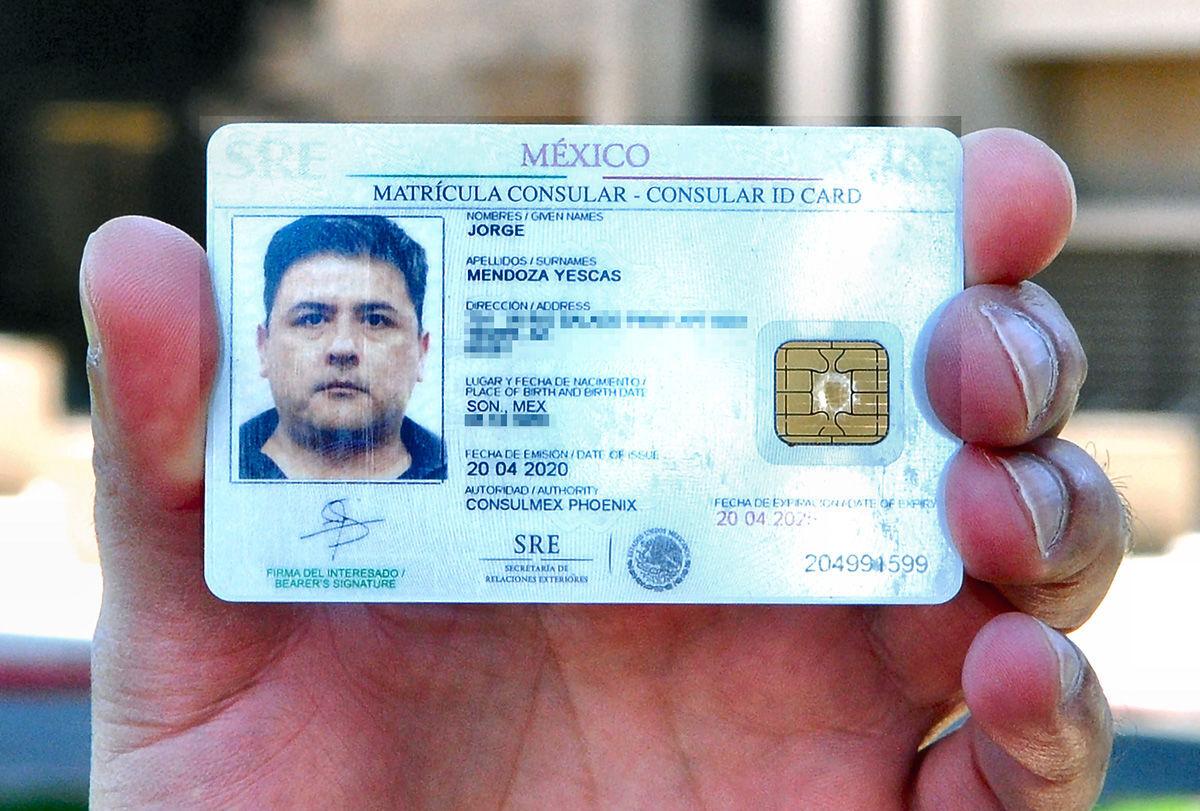PHOENIX — Gov. Doug Ducey gave his blessing Friday to a law that will once again allow state and local officials to accept certain foreign consular ID cards for identification.
In a formal signing statement, Ducey said the measure will allow law enforcement the ability “to quickly and accurately identify more of the individuals with whom they interact.” He also took the opportunity to point out that the measure, Senate Bill 1420, does not provide any new rights or responsibilities to those who are not U.S. citizens, whether they are in this country legally or otherwise.
“It simply recognizes that governments in Arizona will accept cards issued by countries who use strict biometric identity verification techniques as lawful identification,” the Republican governor said.
For the moment that seems to be limited to Mexico and Guatemala, whose ID cards encode fingerprint and retinal scan information, which will be required by the law.
The law will take effect later this year, 91 days after whatever date the legislative session ends.
Prior to 2011 it was up to local governments to decide whether to recognize the cards. That changed when the Republican-controlled Legislature enacted a ban, saying the cards could give the impression that those who hold them were here legally.
The push for the change started last year when then-Rep. Tony Rivero, R-Peoria, persuaded enough of his Republican colleagues in the Arizona House to join with Democrats to repeal the ban. He was a supporter of stronger ties between Arizona and Mexico and saw the restriction as a barrier.
But it did not get a Senate vote before the 2020 session shut down due to COVID-19. This year the effort was picked up by Rep. David Cook, R-Globe, and Sen. Paul Boyer, R-Glendale.
Cook, in appealing to GOP lawmakers, touted the desire by law enforcement for secure identification. Boyer emphasized that the ban was impairing relations with Mexico, the state’s largest trading partner.
Despite that, the legislation still drew opposition from 10 of the 16 Republicans in the Senate and 18 of 31 House Republicans.





